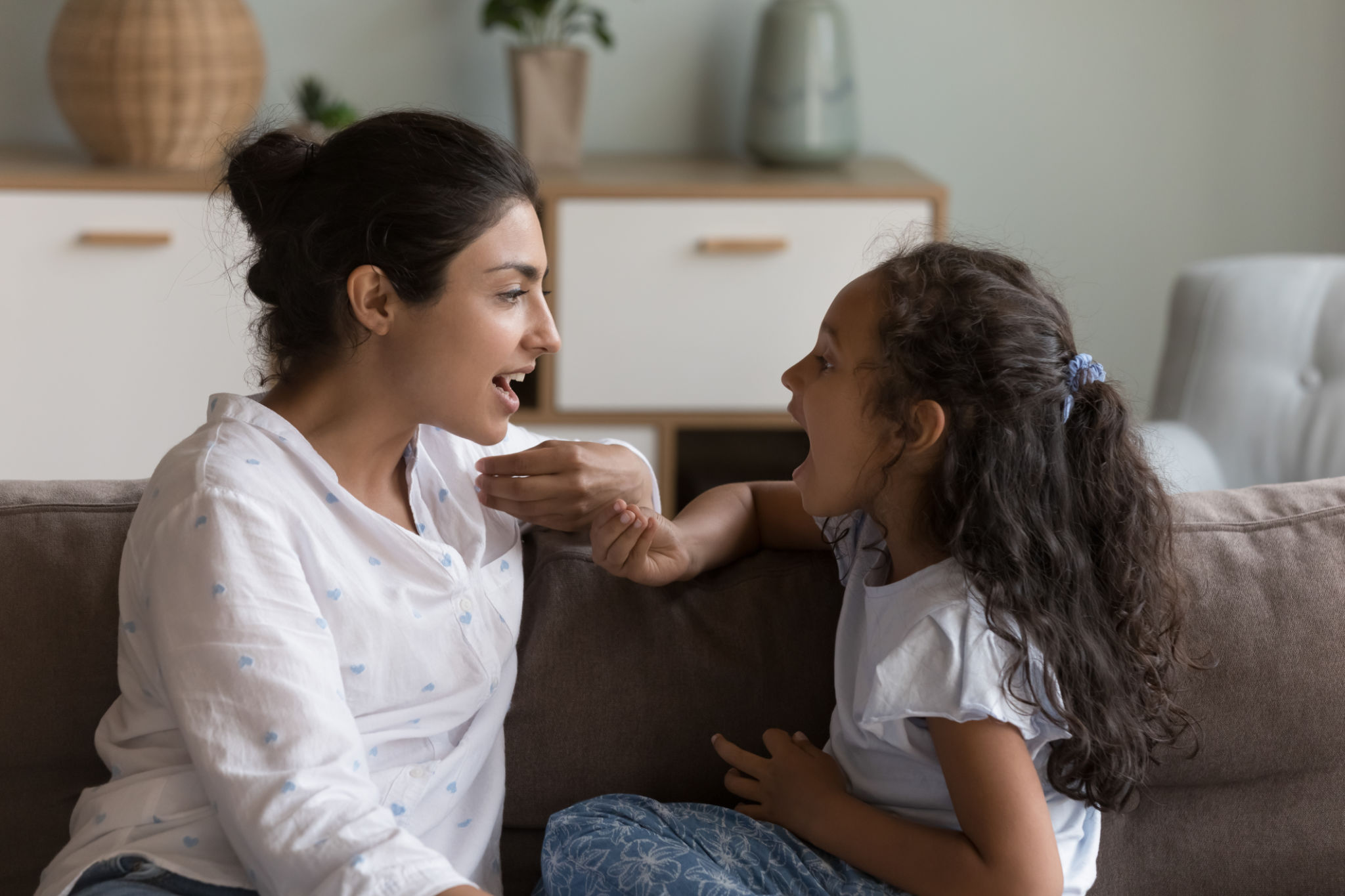Connecting with Your Child: The Importance of Communication
Building a Strong Foundation
Establishing a solid connection with your child is an essential part of parenting. At the heart of this connection lies effective communication. Engaging in open, honest, and empathetic conversations with your child not only strengthens your bond but also supports their emotional and social development.
Communication goes beyond mere words; it encompasses gestures, facial expressions, and body language. By being attentive to these non-verbal cues, parents can gain a deeper understanding of their child's thoughts and feelings.

The Role of Active Listening
Active listening is a crucial element in fostering open communication with your child. It involves giving your full attention to what your child is saying without interrupting or forming judgments. This approach validates their feelings and demonstrates that their opinions matter.
To practice active listening, try to maintain eye contact, nod at appropriate times, and ask open-ended questions. These actions encourage your child to express themselves more freely and confidently, knowing they are genuinely heard.
Benefits of Active Listening
- Builds Trust: Children are more likely to share their thoughts and problems if they feel trusted and respected.
- Enhances Problem-Solving Skills: By discussing various scenarios, children learn to approach problems creatively and independently.
- Strengthens Emotional Bonds: Understanding your child's perspective fosters empathy and strengthens your relationship.

Encouraging Open Dialogue
Creating an environment where your child feels comfortable sharing their thoughts is vital. Encourage open dialogue by being approachable and non-judgmental. Set aside time each day to talk about their experiences, whether during dinner or a bedtime routine.
Avoid dismissing their feelings, even if they seem trivial. Instead, acknowledge their emotions and provide guidance on managing them constructively. This approach helps children feel valued and understood.
Techniques for Encouraging Communication
- Model Open Communication: Share appropriate aspects of your life with your child to show them how to articulate their thoughts and emotions.
- Create a Safe Space: Ensure your child knows they can speak freely without fear of ridicule or punishment.
- Use Positive Reinforcement: Praise your child when they express themselves well, reinforcing the benefits of open communication.

Nurturing Emotional Intelligence
Communication plays a vital role in nurturing emotional intelligence in children. By discussing emotions openly, children learn to identify and manage their feelings effectively. This skill not only aids in personal development but also enhances their interpersonal relationships.
Engage in conversations that explore a range of emotions and scenarios. Encourage your child to express how they would feel in different situations and discuss potential coping strategies. Over time, this practice will equip them with the emotional tools necessary for life's challenges.
In conclusion, connecting with your child through effective communication is fundamental to fostering a healthy, trusting relationship. By actively listening, encouraging open dialogue, and nurturing emotional intelligence, you lay the foundation for a strong bond that will endure through the years.